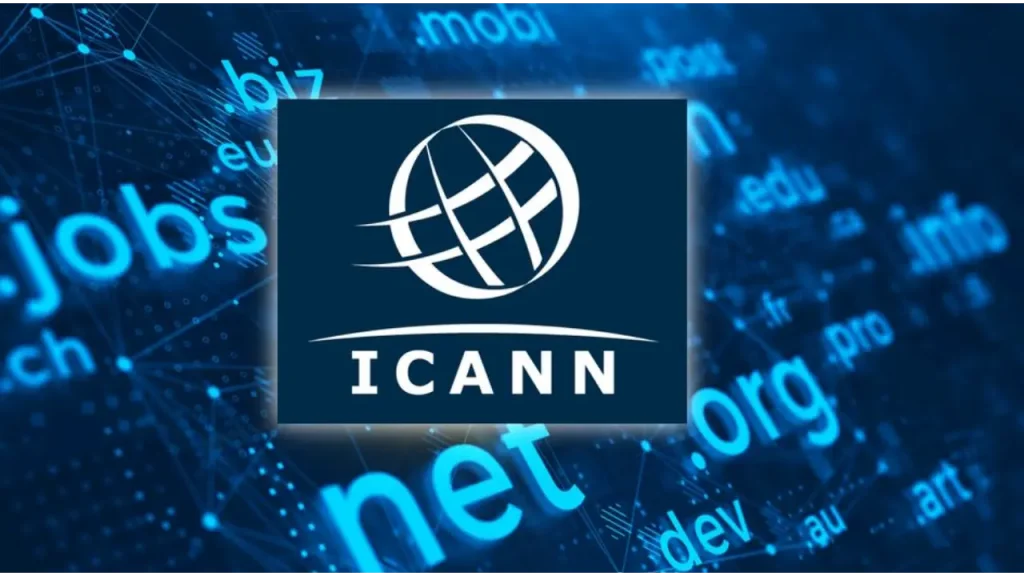- AFRINIC appears only briefly in ICANN’s 2026–2030 Africa Regional Plan
- Omission contrasts with ICANN’s active interventions in AFRINIC’s elections
ICANN’s blank slate: A regional plan that barely mentions AFRINIC
ICANN has rolled out its FY 2026–2030 Africa Regional Plan, laying out grand ambitions for multistakeholder engagement, capacity building, and technical capacity. Yet a close examination reveals that AFRINIC—the entity at the heart of Africa’s IP resource infrastructure—receives minimal attention. Across the 34-page official plan, AFRINIC appears only in passing, alarming given how central AFRINIC is to Internet numbering governance in Africa.
This omission stands in stark contrast to ICANN’s visible involvement in AFRINIC’s election crisis. ICANN submitted formal notices demanding transparency and fairness in AFRINIC’s board election, actively engaging with procedural dysfunction on the ground.
Yet while ICANN has pushed interventions and signalled concern, its regional plan doesn’t reflect this engagement beyond technical support or RIR continuity; AFRINIC’s crisis receives no strategic priority in the broader development roadmap.
Also Read: ICANN or ICan’t? CEO Lindqvist chooses dictatorship over democracy in AFRINIC
Also Read: What impact do ICANN’s policies have on Mauritian internet users?
A suspicious gap: Influence or avoidance?
Does the sparse mention of AFRINIC signal ICANN’s attempt to downplay its own meddling? The plan’s upbeat tone on multistakeholder ideals clashes with its scant reference to one of Africa’s most pressing governance flashpoints. One possible interpretation is that ICANN is steering clear of taking ownership of AFRINIC’s paralysis—it intervenes locally for legitimacy on process, but omits AFRINIC from its broader strategy, as if sidelining the issue is more politically palatable.
ICANN’s reticent stance raises deeper ethical and governance questions. AFRINIC should operate under the Mauritius Companies Act, not political directives. The decision to annul the June 2025 election under government instruction smacks of state capture rather than independent member-based governance. If foreign actors selectively preach transparency but tacitly support political interference, African internet sovereignty is undermined. A true multistakeholder approach demands recognition of AFRINIC’s central role—not sidelining it when instability surfaces.

